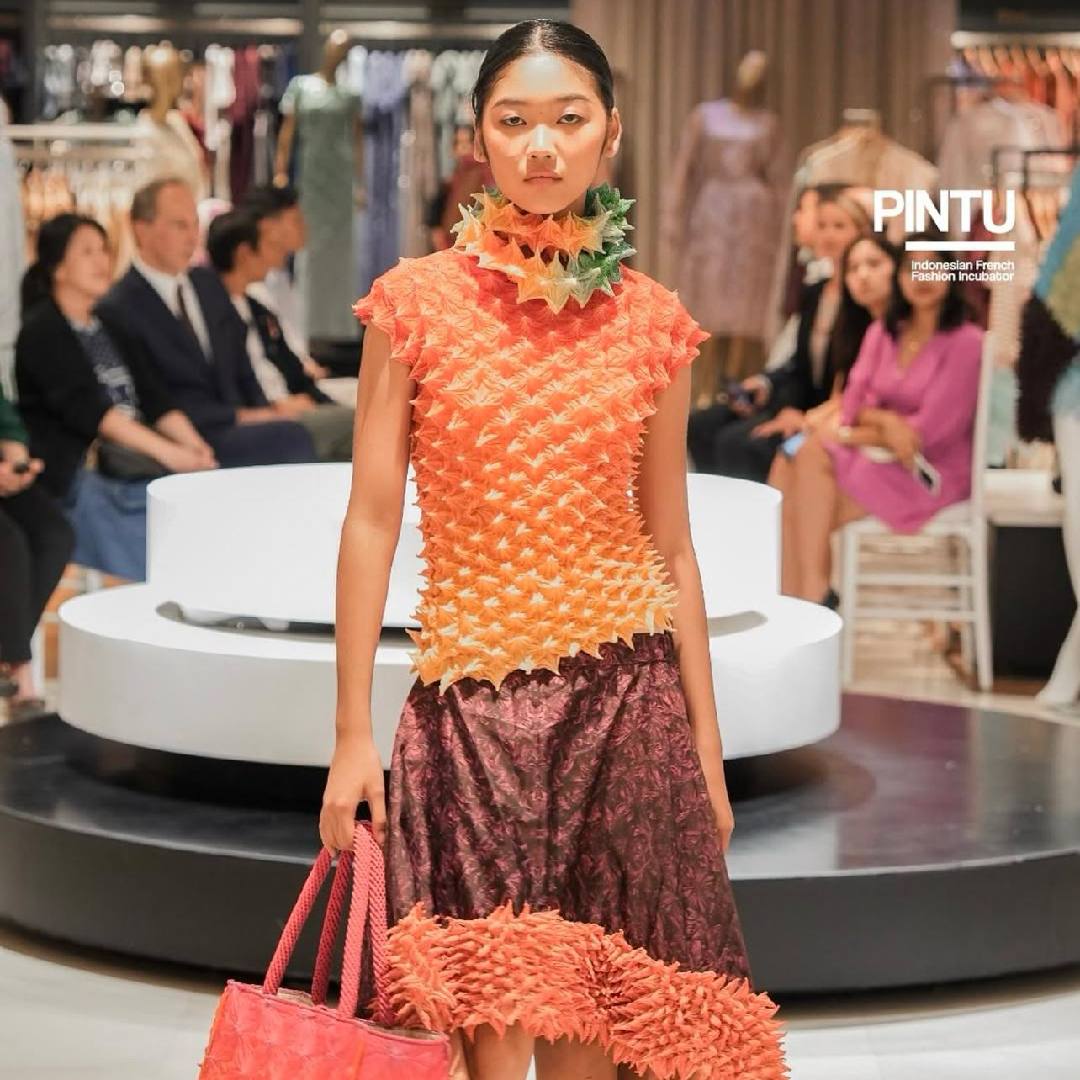26 March 2025
Maximizing Eid Fashion Sales: How Fashion Brands Can Thrive During Ramadan 2025
Highlight
The Indonesian fashion market experiences a dramatic surge in demand during Ramadan and leading up to Eid. A February survey by GoodStats revealed that clothing remains the top shopping category during this period, with 32.6% of respondents prioritizing fashion purchases. Furthermore, a YouGov study found that 79% of 2,012 surveyed adults plan to allocate their holiday bonus (THR) funds for clothing. This cultural tradition fuels a thriving seasonal market for fashion brands.
Interestingly, shopping habits differ across generations. According to YouGov data, Gen Z and millennials prefer to spend their THR on fashion and beauty products, while older generations focus more on food and gifts. A Snapcart survey titled "Feel Good, Look Great" further revealed that 65% of consumers allocate less than IDR 500,000 for fashion purchases, reflecting a growing trend toward budget-conscious shopping.
Despite the increase in demand, fashion brands face significant challenges during Ramadan. The market becomes highly competitive, requiring brands to differentiate themselves through pricing, promotions, and brand positioning. With consumers becoming more selective, fashion businesses must also address factors such as quality, comfort, and sustainability to maintain their appeal.
Additionally, the rise of e-commerce and digital marketing has transformed shopping habits. Consumers now have countless options at their fingertips, making it crucial for brands to optimize their online presence and customer engagement strategies.
For both emerging and established fashion entrepreneurs, navigating the competitive Ramadan market requires strategic knowledge and execution. By adapting to these trends, we can remain competitive and even expand their market amidst changing consumer preferences. While challenges exist, opportunities remain open for those who can adjust to the ever-evolving market demands.
PINTU is a fashion incubator program designed to equip fashion entrepreneurs with the skills and insights needed to thrive in Indonesia's ever-evolving fashion landscape. With the right combination of industry insights and hands-on mentorship, fashion entrepreneurs can seize the Ramadan shopping surge while building sustainable long-term success.


